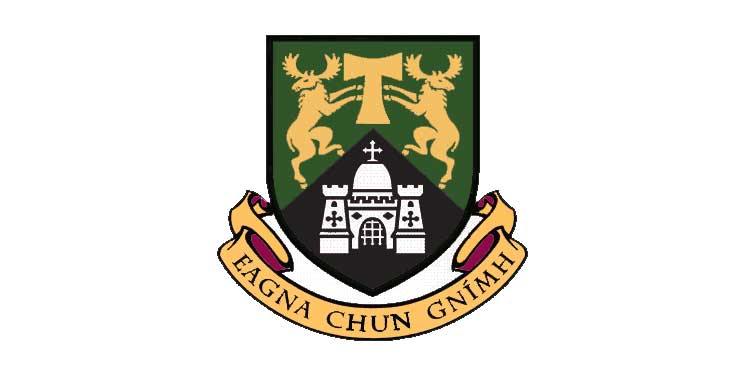- Terms of Business
- Distribution Agreements
- Franchise Agreements
- Collaboration Agreements
- Outsourcing Agreements
- Consultancy Agreements
- Businesses Sale or Purchase
The first question a lawyer will ask in the event of any dispute is: ‘Where is the contract?’ This is because every lawyer knows that if their client does not have a properly drafted contract in place supporting their position, then it will mean an uphill battle for their client from the outset – for the client this means delay and cost.
We can have professionally drafted terms tailor-made for your business and also advise you as to how best use them in order that (where possible) they take priority over the other side.
We will ensure that your terms will encompass related matters such as method of payment and timings of payment, and limitation/exclusions of liability.
A provider of services, will often wish to increase its market penetration by putting in place a network of sellers in order increase profitability and to create a stronger brand presence within a certain territory.
If you are provider of the services we can draft a suitable distribution agreement that will cover issues such as sales targets, profits and payments, ownership of the goods and the extent of sales territories and whether the arrangement is to be exclusive or non-exclusive.
The financial risks assumed by the distributor are greater in many cases than that of the provider of the services, and we can advise on how those risks can be limited.
The franchise agreement sets out clearly the duties and obligations of both parties with respect to the franchisor and franchisee. It deals with such matters as the duration of the agreement, training, fees, use of intellectual property, advertising and the right (or not) of the franchisee to resell the franchise at a particular point in time as well as termination – these agreements are as varied as the franchises they represent.
If you are the franchisee in this equation then you may be quite sure that this agreement has been drafted in a one-sided manner and this is where we can assist you in attempting to negotiate a better deal.
Under a collaboration agreement the parties collaborate in a business venture but without having to become partners or shareholders in a joint venture company. A typical example would be where one party has the ‘idea’ but no money whilst the other party has the money or other resources to back the idea. There is then the question of the split of profits (and losses) and very often the question of ownership of intellectual property arises.
The term ‘joint venture’ is most commonly applied to an arrangement whereby two or more parties provide capital or assets or other resources to a limited private company in exchange for shares in that company, with a view to it carrying on a business.
The parties to the above arrangements would be well advised to spend some time and money on documenting each parties’ obligations to each other and the joint venture itself to include various provisions such as termination and exit, as well as ownership of intellectual property – we have a great deal of experience in this area and would be happy to assist you in the negotiation and drafting of a suitable agreement.
An essential feature of outsourcing is that the provider takes on the tasks that would otherwise be carried on by in-house employees which can range from HR to IT to BPO.
Generally speaking, we tend to find that relationships based on contracts tend to be less successful than contracts based on relationships, but the cornerstone to this arrangement is the outsourcing agreement itself which deals not just with term and price, but also on the long term relationship between the parties.
A consultancy agreement is a legal document that defines the terms and conditions under which one party provides services to another – these agreements tend to be of short-term duration with well-defined deliverables.
We often see that consideration will not be given to which party owns any intellectual property and, in that case, under the Copyright and Related Rights Act 2000, ownership of all intellectual property will fall to the consultant unless there is written agreement to the contrary. Was this the intention of the parties? We can assist in explaining how the law operates in this area in order to best protect your business assets and thereby avoid costly mistakes later on.
A private business can be sold either through the sale of its assets or, if it is company, through the sale of its shares – by far the most “meaty” part of a share sale agreement will be the sections providing for the Warranties (contractual promises given by the seller). They normally consume a large part of the negotiation process involved in the sale as well – this is normally to the dismay of the seller and purchaser who would have considered that ‘the deal was done’ once the price was agreed.
We have a great deal of experience on advising and negotiating warranties and their accompanying indemnities (a promise to compensate for loss if a warranty is breached without proving loss as in a breach of warranty), and can therefore assist in speeding up the process as well as therefore saving on the attendant costs.
In addition, due to our experience in preparing due diligence reports
we can advise the purchaser on a number of material concerns that can assist the purchaser in deciding if in fact the company/business is actually worth buying, and/or assisting in achieving a lower asking price due to the unearthing of previously unknown problems. We have found that our due diligence report invariably pays for itself, due to advising the client of the inherent risks involved in the purchase and in using it as a toll to lower the purchase price being paid.
Of course, on the other hand, the canny seller can bring us in before the business or company is put on the market so that we can perform a due diligence exercise and therefore ‘put their house in order’, thereby creating a more sellable business/company and preserving as much of the asking price as possible.








